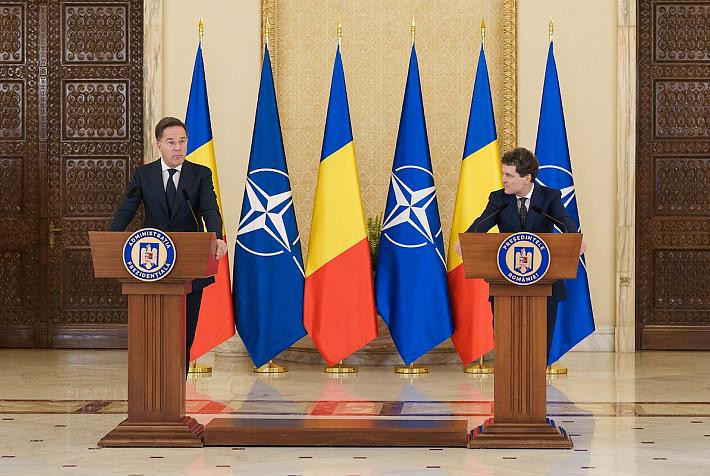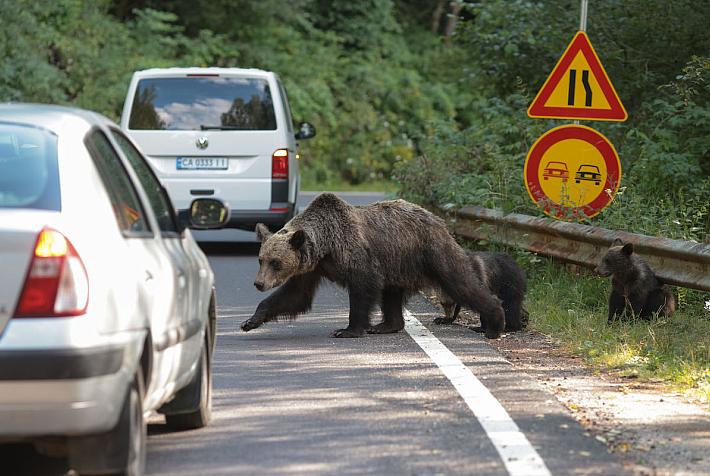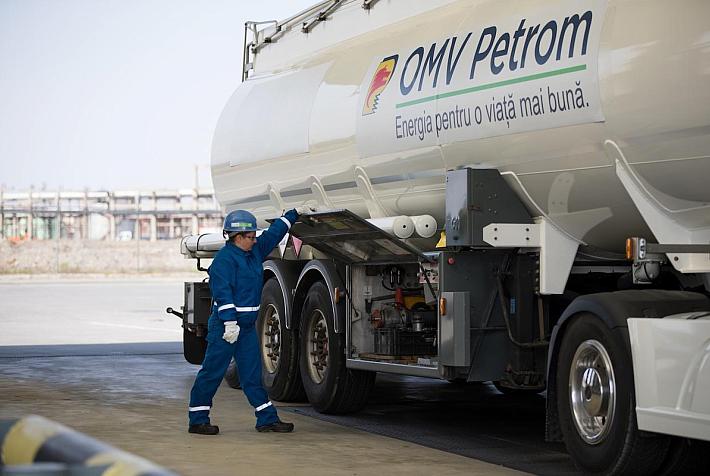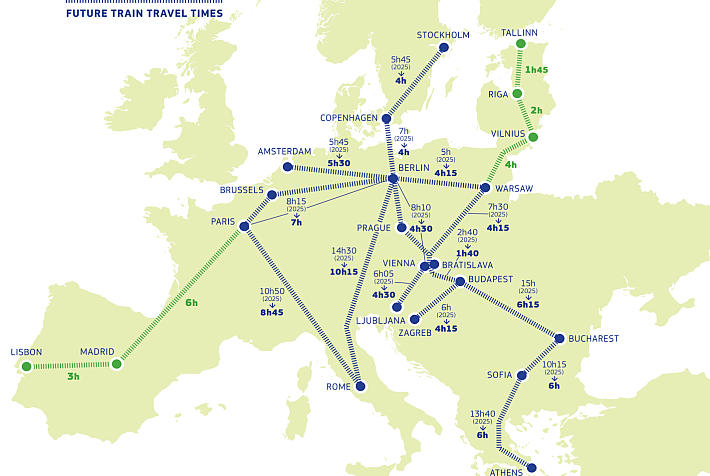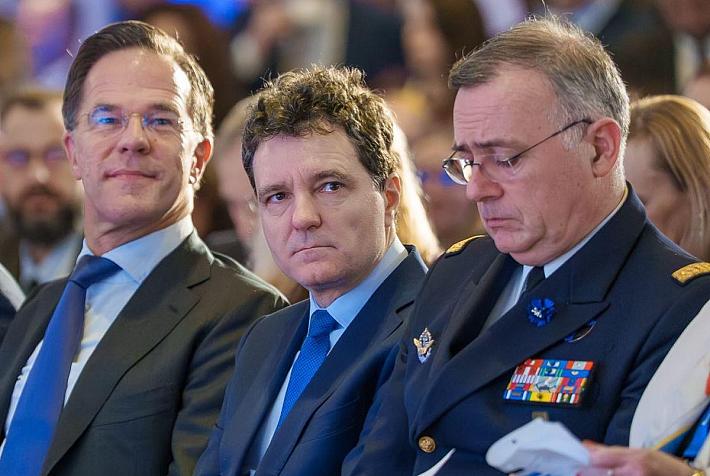Romania’s general prosecutor asks audiovisual watchdog to “do its job”
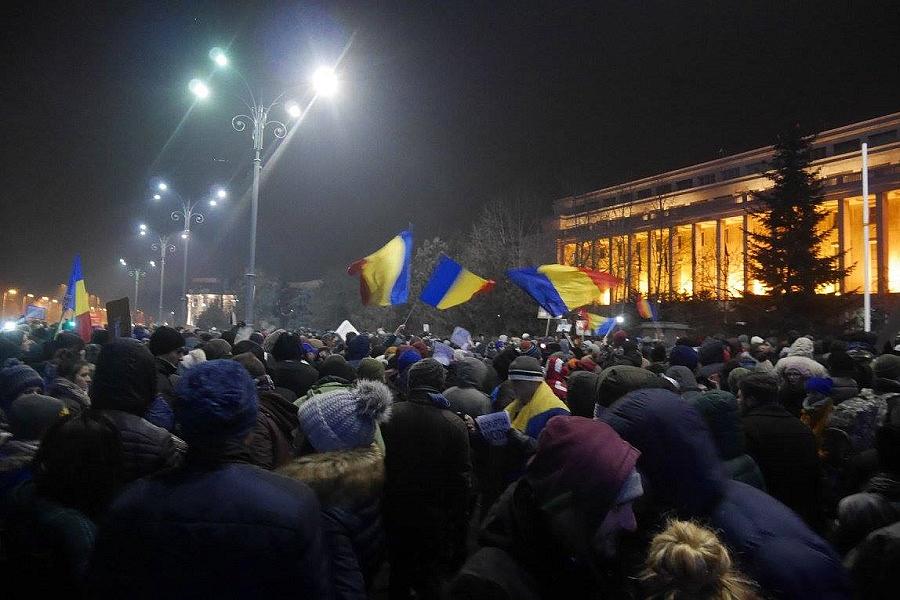
Romania’s general prosecutor, Augustin Lazar, asked the local audiovisual watchdog CNA to do its job in accordance with the audiovisual law and even consider intervening with new “regulatory norms”, according to Hotnews.ro. The prosecutor’s request was motivated by an “unprecedented escalation of unacceptable pressures” on the judiciary in the media, and comes in the context of a public debate over the way the past week’s protests have been reported by some television stations.
“Tendentious and untrue information, meant to seriously undermine the judicial authority” are currently transmitted in “numerous televised shows” and “one of the damaging effects consists in the erosion of trust in the act of justice,” reads a letter the general prosecutor sent to the CNA, and quoted by Hotnews.ro.
Prosecutor Lazar also pointed out that the same topic was covered in the most recent CVM report, which points to a lack of reaction of the CNA to intimations sent by Romania’s Superior Council of Magistracy CSM and to the fact that “mass-media and politicians’ attacks on magistrates and the judicial system remain a serious threat to the ireversibility of the fight against corruption.” This reality “tends to take on the proportions of a phenomenon,” the letter says.
“The obvious inequality of resources between the media instruments the journalists possess and the reservation that derives from the professional statute of the judges and prosecutors renders evident the need of a reaction in order to correctly inform the public,” the same document shows. “The Public ministry unconditionally supports the freedom of the press and the diversity of opinions, including those critical in nature, accepted in a democratic society. We believe it is necessary that all actors adhere to ethical norms that result in correctly informing the public, and from the perspective of all those involved.”
Some local TV stations presented the recent protests in a distorted way, calling them “a new miners’ riot” or “a coup start.” One TV station presented the information that people were paid to attend these protests, and that some even received money to bring their dogs, without bringing any evidence to support the information.
The CNA itself became a target of protesters, who were unhappy with the fact that watchdog hadn’t taken any measures against the TV stations that didn’t accurately report the protests. At the same time, thousands of Romanians signed two online petitions against Romania TV and Antena 3, two of the TV stations accused of not presenting the protest in an objective manner. One of the petitions, which was signed by more than 27,000 people, asked for the removal of the two TV stations from the list of channels included in the TV subscription.
CNA member Radu Calin Cristea characterized the CVM mention to the audiovisual body as a “Stalinist phrase” because it “would turn CNA into a center ordering TV stations that made mistakes, from the point of view of CSM, to correct the alleged mistakes,” Paginademedia.ro reported.
CNA issued yesterday a RON 40,000 fine against Romania TV for information it aired on January 18, after it received over 900 complaints over how this news outlet reported the protests, Hotnews.ro writes. One of the messages aired claimed that “Iohannis asks the Government for a pardon law.” According to Paginademedia.ro, the sanction was given in a fourth voting round, after proposals of fines worth RON 100,000, RON 50,000 and RON 30,000 couldn’t be voted. Another attempt to sanction Romania TV for airing recordings with runaway investor and former MP Sebastian Ghita, now on Europol’s Most Wanted list, did not go through and was postponed for a later meeting.
Both Romania TV and Antena 3 lost over two thirds of their advertisers since the start of the protests, according to an analysis by Iqads.ro. Romania TV had 100 advertising brands between January 30 and February 2, and went down to 30 by February 5. Antena 3 went from 104 to 25 brands over the same period.
On January 25, Frontline Club Romania published an open letter addressed to directors of advertising, media and PR agencies, and asking brands to withdraw advertising from TV stations that were not reporting the protests correctly.
In its turn, Romania TV also sent a letter to agencies on February 6, arguing its reporting follows the rules of journalism and is unbiased, Paginademedia.ro reported. The letter also asked advertisers to ponder whether they had not been victims of rumors and misinformation themselves.
Planned protest against changes to justice laws in Romania also targets audiovisual watchdog
editor@romania-insider.com






